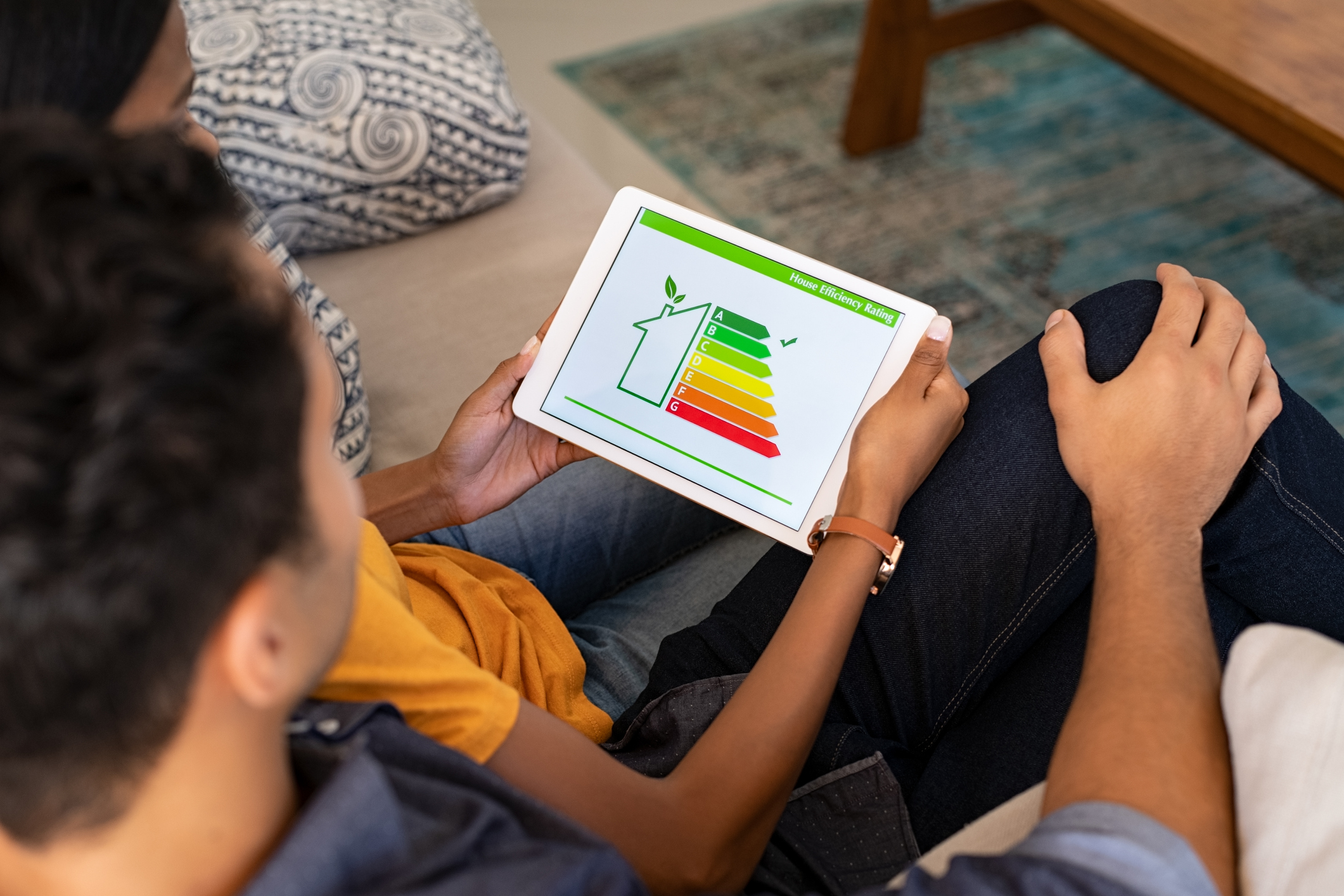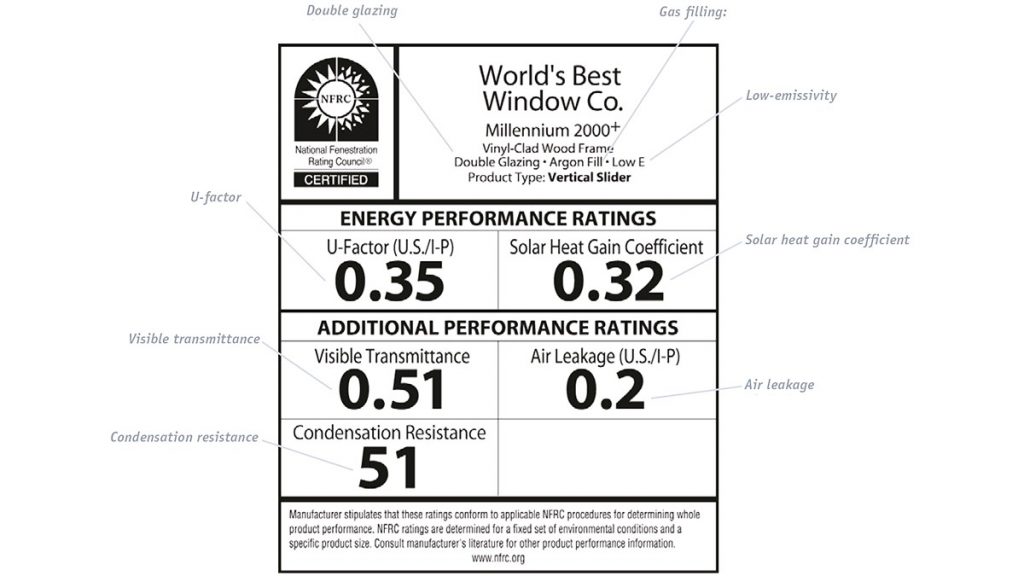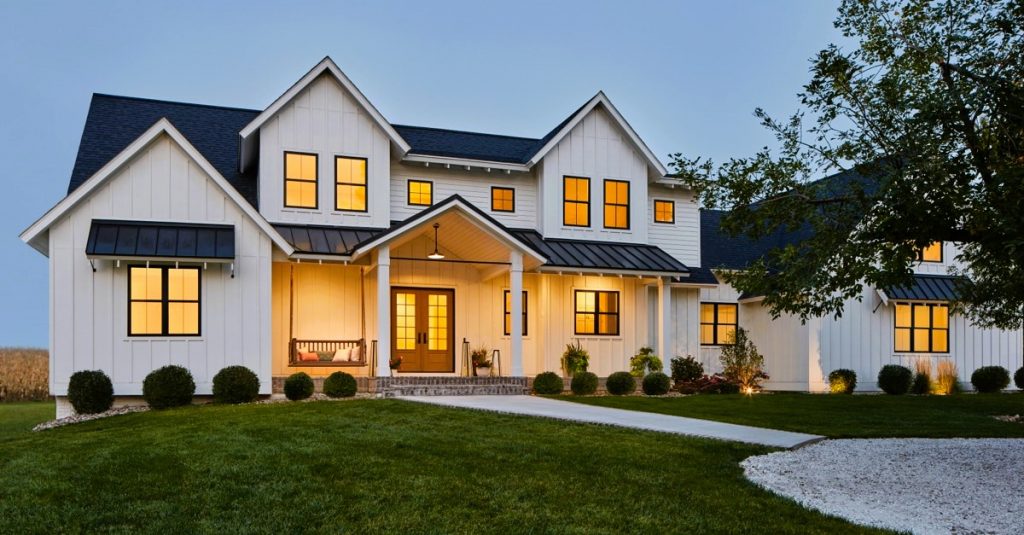
When it comes to selecting windows for your Canadian home, understanding window efficiency ratings is crucial. Energy-efficient windows not only contribute to a comfortable indoor environment but also help reduce energy consumption and lower utility bills. In this article, we will explain the key window efficiency ratings that Canadian homeowners should be aware of. From U-factor and Solar Heat Gain Coefficient (SHGC) to Energy Star® certification, understanding these ratings will empower you to make informed decisions when choosing windows that meet your energy efficiency needs.
- U-Factor: Measuring Heat Loss
The U-factor measures how well a window prevents heat transfer or heat loss. In Canada’s cold climate, a lower U-factor indicates better insulation properties. The U-factor typically ranges from 0.20 to 1.20, with lower values indicating greater resistance to heat loss. When selecting windows, look for a U-factor that meets or exceeds the requirements for your specific climate zone in Canada. Energy-efficient windows often have U-factors below 0.30, providing superior insulation and reducing heat loss during the winter months.

- Solar Heat Gain Coefficient (SHGC): Managing Solar Heat
The Solar Heat Gain Coefficient (SHGC) measures the amount of solar radiation that enters a window and contributes to heat gain in your home. In warmer Canadian regions, it is important to balance natural light and heat gain. A lower SHGC indicates less heat gain, which is desirable for cooling purposes. However, in colder regions, a higher SHGC can be beneficial to utilize solar heat during the winter. Consider your specific climate and desired energy performance when selecting windows with an appropriate SHGC value. Future construction in Canada, more details at the link.
- Energy Star® Certification: Identifying Efficient Windows
Energy Star® certification is a reliable way to identify energy-efficient windows. The Energy Star® program is backed by the Canadian government and signifies that a product meets strict energy efficiency guidelines. Energy Star® certified windows are independently tested and verified to have superior thermal performance, contributing to energy savings and environmental sustainability. Look for the Energy Star® label when choosing windows to ensure you are selecting products that meet high standards of energy efficiency.
- Low-E Coatings: Enhancing Energy Performance
Low-emissivity (Low-E) coatings are thin layers of metallic substances applied to window glass. These coatings help minimize heat transfer, reducing both heat loss and heat gain depending on the specific type of Low-E coating. In cold Canadian climates, windows with a Low-E coating on the inner surface facing the airspace help retain heat inside the home. In warmer climates, a Low-E coating on the outer surface helps reflect solar heat away. Opting for windows with Low-E coatings can significantly improve energy efficiency and enhance comfort year-round.
- Multiple Panes and Gas Fills: Enhancing Insulation
Windows with multiple panes of glass provide enhanced insulation compared to single-pane windows. Double-pane and triple-pane windows are common in energy-efficient designs. The space between the panes can be filled with insulating gases such as argon or krypton. These gases help reduce heat transfer and improve thermal performance. When selecting windows, consider the number of panes and the type of gas fill to ensure optimal insulation and energy efficiency.
- Condensation Resistance: Managing Moisture

Condensation can occur on windows, leading to moisture-related issues such as mold and damage. The condensation resistance rating measures a window’s ability to resist condensation formation. Windows with higher condensation resistance ratings have better moisture management properties. It is essential to choose windows with adequate condensation resistance, especially in humid Canadian regions, to maintain a healthy and comfortable indoor environment.
Conclusion
Understanding window efficiency ratings is essential for Canadian homeowners seeking energy-efficient and cost-effective solutions. By considering U-factor, Solar Heat Gain Coefficient (SHGC), Energy Star® certification, Low-E coatings, multiple panes, gas fills, and condensation resistance, you can select windows that align with your specific climate and energy efficiency goals. Energy-efficient windows not only contribute to reduced energy consumption and lower utility bills but also enhance the comfort and value of your Canadian home. Make informed choices and enjoy the benefits of efficient windows for years to come.






